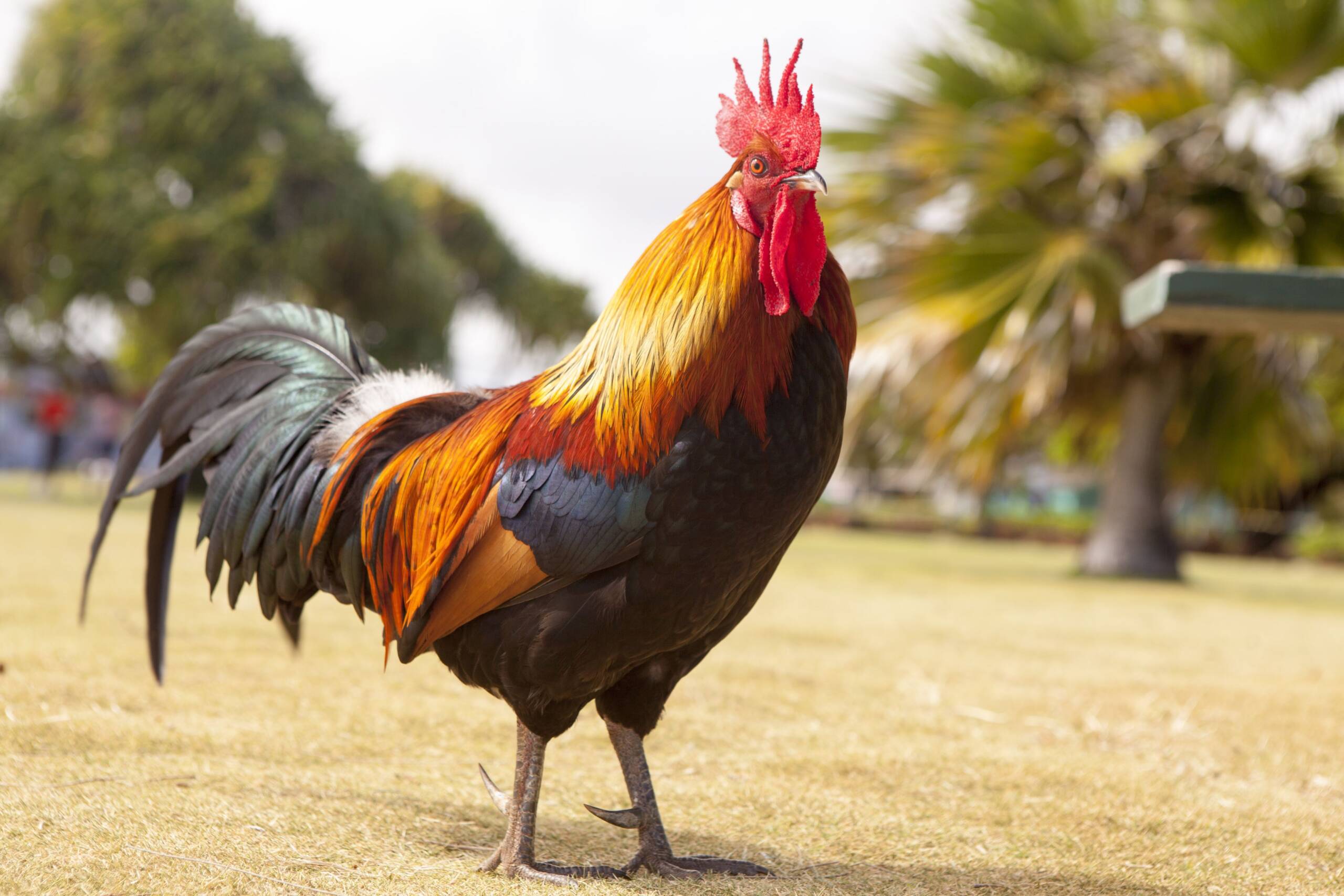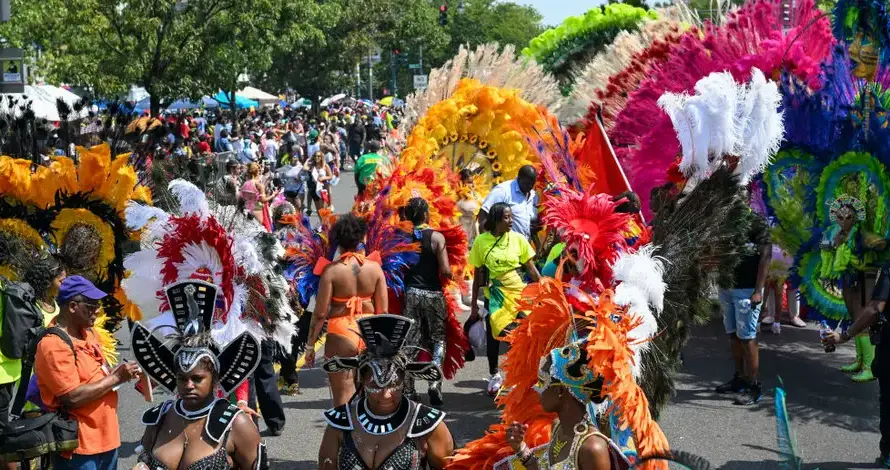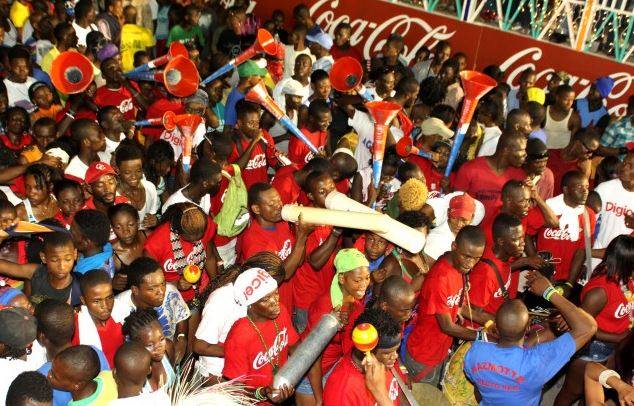In recent years, the practice of cockfighting has seen a significant decline among the residents of rural Haiti. Once a deeply entrenched cultural tradition, cockfighting is now becoming less common, reflecting broader social changes and a shift in community values. This transformation is influenced by various factors including changing social attitudes, legal regulations, and the impact of globalization. Understanding these changes provides valuable insight into the evolving cultural landscape of rural Haiti.
Historical Context of Cockfighting in Haiti
A Cultural Tradition
Cockfighting has long been a popular activity in rural Haiti, deeply embedded in the cultural fabric of the community. Historically, it was not merely a sport but also a social event where people gathered to enjoy the excitement, place bets, and engage in communal bonding. The fights often took place in specially designated arenas and were accompanied by music, food, and a festive atmosphere.
Economic Implications
For many rural residents, cockfighting was also an economic activity. Breeding and training fighting roosters required significant time and resources, but successful fights could yield substantial financial rewards. This dual role of cockfighting as both a cultural and economic activity contributed to its prevalence in rural Haitian society.
Factors Leading to the Decline of Cockfighting
Changing Social Attitudes
In recent years, there has been a noticeable shift in social attitudes towards cockfighting. Increasing awareness about animal rights and the ethical implications of the sport has led to growing opposition. Younger generations, influenced by global perspectives and education, are less inclined to participate in or support cockfighting. This change in mindset is gradually eroding the traditional acceptance of the practice.
Legal Regulations and Enforcement
Stricter legal regulations have also played a significant role in the decline of cockfighting. While enforcement can be challenging in rural areas, there is a growing effort to curb illegal activities related to animal cruelty. Government initiatives and non-governmental organizations (NGOs) are working to promote animal welfare and discourage inhumane practices, contributing to the reduction of cockfighting events.
Impact of Globalization
Globalization has brought about significant cultural and economic changes in rural Haiti. Increased connectivity with the outside world has introduced new forms of entertainment and social activities, reducing the reliance on traditional pastimes like cockfighting. Additionally, economic opportunities outside of agriculture and local trades have shifted the focus of rural communities, further diminishing the role of cockfighting.
Alternative Social and Recreational Activities
Community Sports and Games
As cockfighting declines, alternative recreational activities are gaining popularity in rural Haiti. Community sports, such as soccer and basketball, are becoming more common, providing a healthy and socially acceptable way for people to engage and bond. These activities not only promote physical fitness but also foster a sense of community and teamwork.
Cultural Festivals and Events
Cultural festivals and events are also on the rise, offering new platforms for social interaction and cultural expression. Music, dance, and traditional arts are being celebrated more widely, allowing residents to connect with their heritage in ways that do not involve animal cruelty. These events contribute to a vibrant cultural scene that honors tradition while embracing positive change.
The Role of Education and Advocacy
Educational Programs
Education plays a crucial role in changing perceptions and practices related to cockfighting. Schools and community programs that emphasize animal rights and ethical treatment of animals are helping to reshape attitudes. By educating the younger generation, these initiatives are laying the foundation for a future where cockfighting is no longer a socially acceptable practice.
Advocacy and Awareness Campaigns
Advocacy groups are working tirelessly to raise awareness about the negative aspects of cockfighting. Through campaigns, workshops, and community meetings, they are highlighting the importance of humane treatment of animals and promoting alternative forms of entertainment. These efforts are essential in shifting public opinion and reducing the prevalence of cockfighting in rural Haiti.
The decline of cockfighting in rural Haiti marks a significant cultural shift, driven by changing social attitudes, legal regulations, and the impact of globalization. As communities embrace new forms of recreation and entertainment, the focus is moving towards activities that promote social cohesion and respect for animal welfare. Education and advocacy continue to play pivotal roles in this transformation, paving the way for a future where cockfighting is no longer a common practice. This evolution reflects the dynamic nature of culture and the ongoing efforts to create a more humane and ethically conscious society in rural Haiti.





